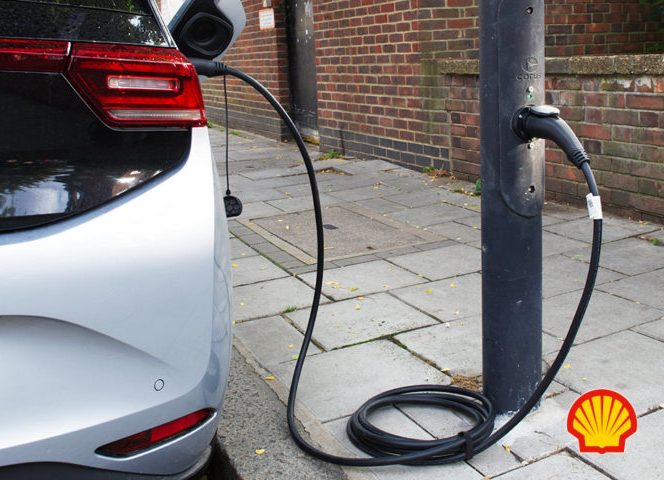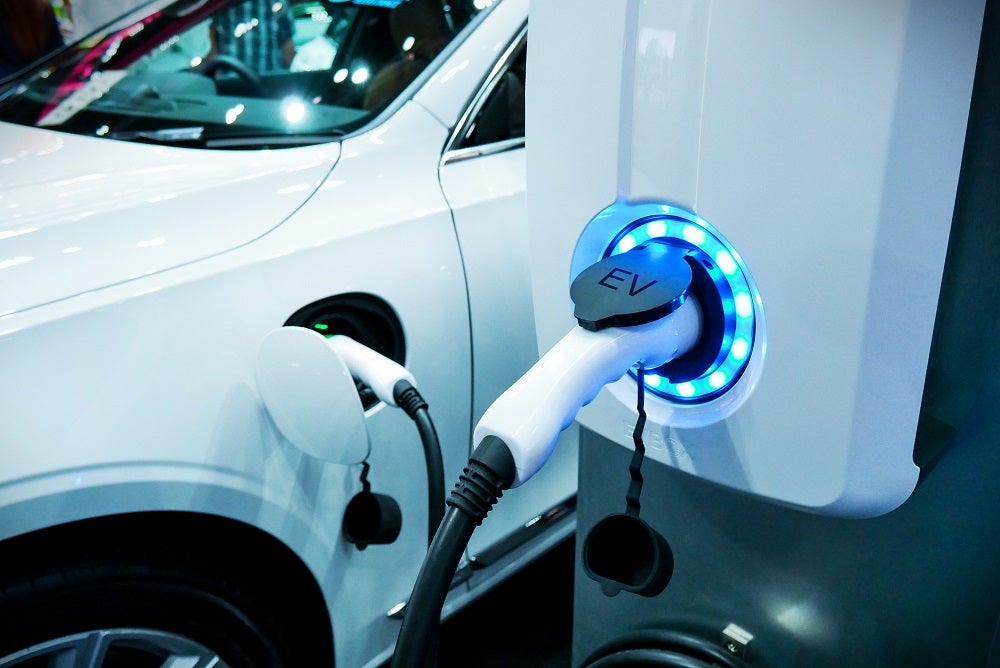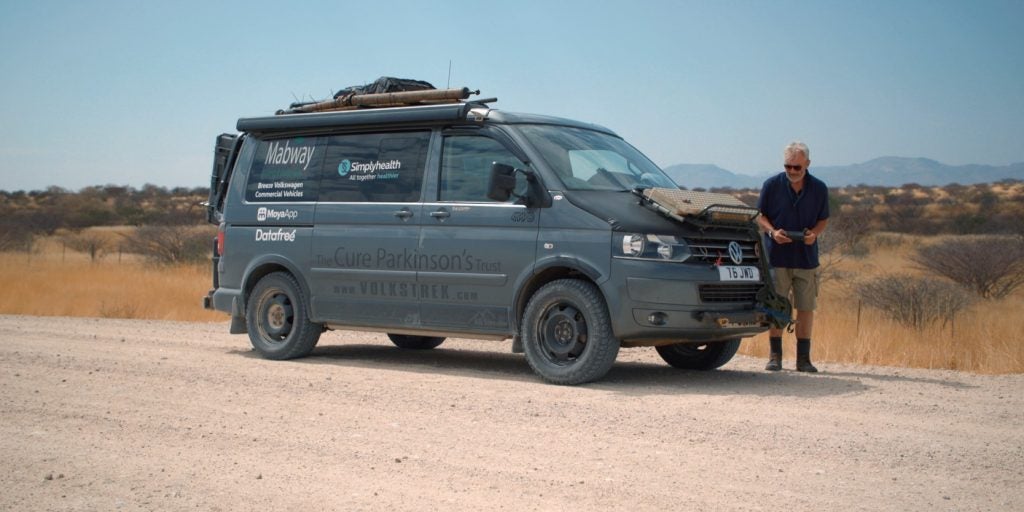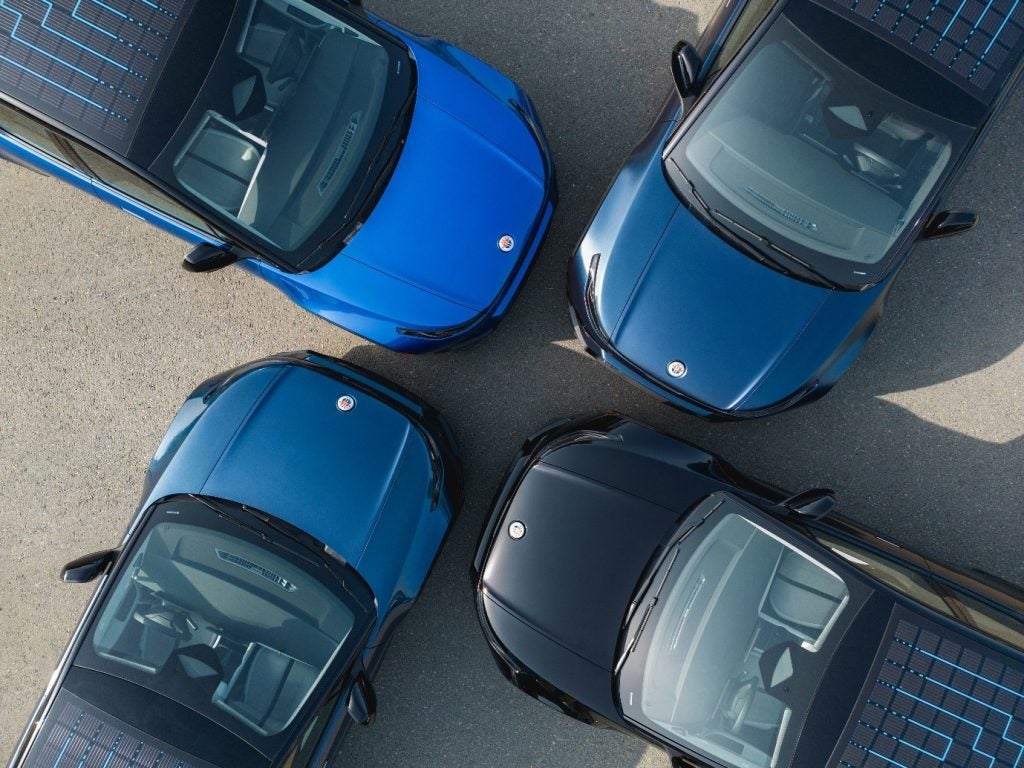
According to data for 26 European markets, new car registrations slowed once again in August, with a decline of 18% to 713,714 units. This marked the lowest recorded volume in August since 2014.
Last month’s decline did not, however, offset the growth registered during the second quarter of the year. Year to date volume remained higher than last year, with 8,095,419 registered units compared with 7,192,839 registered between January and August in 2020.
Felipe Munoz, global analyst at JATO Dynamics, said: “The chip shortage has been a major setback for OEMs still grappling with the effects of the pandemic.
“Production issues and delays in the delivery of new cars have been damaging to sales, and the lack of availability at dealerships is forcing many consumers to either look for used cars or simply delay their purchase. In usual circumstances, consumers may expect to wait lots of months for a new Ferrari, but they are now experiencing the same delay for regular models.”
EVs remain the only drivers of growth
Despite these challenges, the performance of electric vehicles and plug-in hybrid cars continued to grow. A sharp uptick in demand last month saw these vehicles post their second highest ever monthly market share at 21%. The 151,737 units registered last month marked a year on year increase of 61% and took total volume since January to 1.32m units.
How well do you really know your competitors?
Access the most comprehensive Company Profiles on the market, powered by GlobalData. Save hours of research. Gain competitive edge.

Thank you!
Your download email will arrive shortly
Not ready to buy yet? Download a free sample
We are confident about the unique quality of our Company Profiles. However, we want you to make the most beneficial decision for your business, so we offer a free sample that you can download by submitting the below form
By GlobalDataMunoz said: “Although deals and incentives have played a significant part in boosting demand, we have seen a fundamental shift in buying habits as more appealing models have entered the market and consumers have become aware of the benefits attached to EVs.”
In August, EVs and plug-in hybrids outsold their diesel counterparts. This time last year, the volume of EVs was 158,300 units less than diesel car registrations but last month EVs outsold diesel vehicles by 10,100 units.
Demand was particularly strong for the electric versions of the Fiat 500, Peugeot 208, Hyundai Kona, Opel Corsa and Kia Niro, in addition to the outstanding results of the Volkswagen ID.3 Europe’s top-selling EV during the month.
The Dacia Sandero secured the top spot in the general rankings as the most registered car in Europe. Despite availability issues, the third generation is proving to be a true success for Dacia. Deals introduced over the course of the year have helped this low cost subcompact become Europe’s fifth best selling car between January and August.
The Dacia outsold the Volkswagen Golf, in second position, which posted a year on year monthly decrease of 38%, but still led the year to date rankings. Dacia’s Duster also entered the top five in fourth position, increasing its volume by 4%. Other notable achievements include the Fiat 500, which was boosted by the EV model, the Hyundai Tucson, and the BMW 3-Series which topped the premium rankings.
Among the latest launches, the much-anticipated Tesla Model Y entered the top 10 of the BEV rankings despite only reaching the market in August. Alongside this, the Ford Mustang Mach E also made the top 10; the ID.3 occupied the 15th position in the general rankings; Opel/Vauxhall registered 4,900 units of the new Mokka and Volkswagen followed with 4,600 units of the ID.4. Citroen registered 4,600 units of the C4; the Cupra Formentor again performed well with more than 4,300 units, followed by the Renault Arkana which registered 4,341 units.







